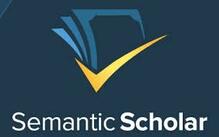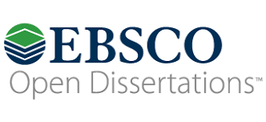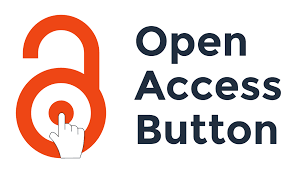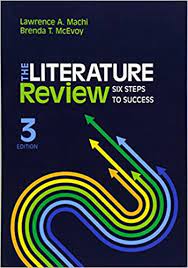LITERATURE SEARCH RESOURCES
Subscription DatabasesPublic Library Databases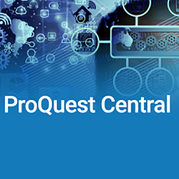
Get a free library card from the Los Angeles Public Library or the LA County Library to be able to access ProQuest Central, a database that contains the full text of over 400 current scholarly journals in the field of Psychology. Digital library cards may also be available for those who cannot visit a library in person.
OTHER Recommended SitesThese select journal and dissertation search databases include articles and research on child and adolescent mental health. Though many articles found in PubMed, Eric, Google Scholar or Semantic Scholar will not be freely available as full-text, they will give you a feel for the scope of publishing on a topic that might provide direction for deeper investigation.
Directories of Open Source LiteratureOpen Dissertations and Theses SourcesKey Words & the form of author names change results
Key Words Generation:
Narrowing and Broadening approaches to searches:
Author Names:
Mine the Material you have for avenues to follow
As mentioned in the key words and author names section, looking at the work you have on hand to generate search terms is an essential part of conducting a literature search, but the material can also be used in several other ways.
CONDUCT MULTIPLE SEARCHES
A single search yielding a single set of results seldom produces a complete picture of the literature being produced on a topic. DOCUMENT YOUR SEARCH STRATEGIES
Write down (or copy and paste) the key words and sites being used along with a record of results.
eg: child psychoanalysis (key words used); ERIC (site); 02/26/2021 (date of search); 75 results. This 1) prevents work duplication work, and 2) allows a replication of the search later to see if there have been any updates to available content. COME BACK TO IT LATER
About the Pep ARchive
Overview
The Psychoanalytic Electronic Publishing (PEP) Archive database is used to provide access to foundational psychodynamic texts for several classes for both the graduate school and fellowship programs, as well as for individually directed research.
PEP archive scope of Content
Accessing the Pep Archive
Once you are enrolled in or contracted to teach classes, a Reiss-Davis Populi account will be created for you. This account will provide access to course materials, as well as the online library catalog (a work in progress), which hosts a link page through which you will gain link-authenticated access to the PEP archive. https://reissdavis.populiweb.com/router/library/links/index (Populi login required) PEP TUTORIAL: HOW TO USE PEP
In addition to the title linked tutorial, which focusses on journal content, each type of PEP material has its own strategy.
Open Access Button
LEARN HOW TO SPOT OR FILTER BY FULL TEXT ON VARIOUS SITES
Recommended sites that offer a filter by full text:
Ways to spot full text on some sites:
Sites that only offer full-text results (open source literature searches):
LOOK FOR PUBLISHER PAYWALLED CONTENT IN INSTITUTIONAL AND ACADEMIC REPOSITORIES
See if an author is posting to Globally Scholarly Repository Sites (free memberships available): Search for an author/article in google in general and see if they/it are hosted on a university or institution's website. To limit google search results to things posted as pdf's, either select that option in google advanced search, or type your <Keywords/article title/author name> plus <filetype:pdf> into the google search bar. To limit to an educational site, also add <site:.edu>, VISIT INSTITUTIONS THAT ALLOW THE PUBLIC TO ACCESS THEIR DATABASES
Advice in place for once the pandemic is over... For those non-full text articles that are not available through student PEP archive access nor the Reiss-Davis Library, a visit to the library of your local public university is recommended (UCLA is the closest to campus). Use their on-campus public access terminals to get full text access to their journal databases. Note: due to current policy, as of Spring 2017 you will only be able to Print articles you wish to keep for future use, not save or email. See UCLA print procedure and fees. Check for the availability of specific journals using the particular university's online library catalog before you visit. If you wish to borrow on-shelf books from a UC Library, an annual fee will apply. CONTACT THE AUTHOR
Authors are frequently quite happy to share copies of their previously published articles unless prohibited by contract. Authors contact can be made via the institution they work for, through their personal sites, or through repository sites with with they hold accounts (such as Researchgate or Academia.edu). Such information can often be linked to though a service like Open Access Button even if an article itself is not openly posted. DECIDE WHEN TO PAY FOR ACCESS
Deciding to Pay for access:
|







